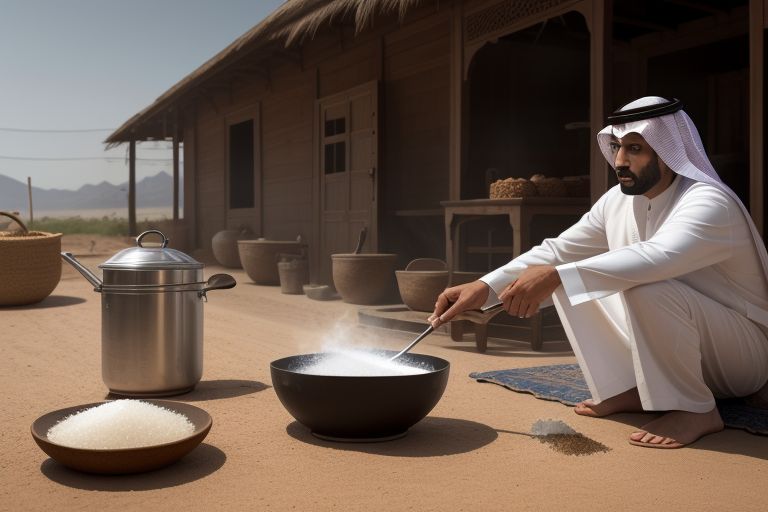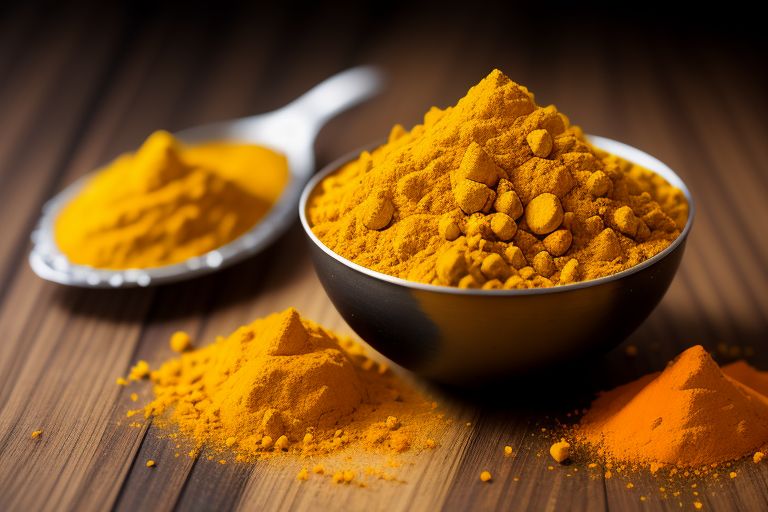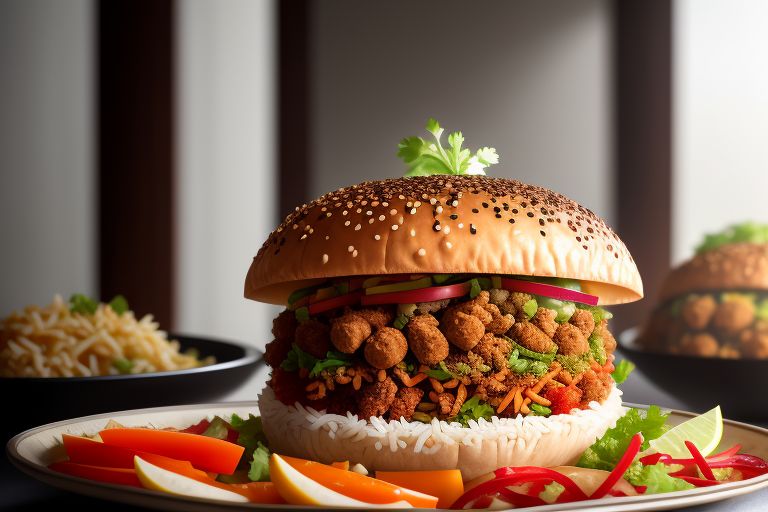When it comes to fundamental ingredients in Saudi Arabian kitchens, SAUDI sugar and salt are indispensable. These two basic pantry staples are more than just seasonings—they are essential components in preserving food, preparing traditional recipes, and even defining the Kingdom’s culinary culture. Whether it’s the sweetness that rounds off a rich dessert or the salt that enhances a savory lamb stew, sugar and salt play pivotal roles in the flavor profiles that Saudi cuisine is known for.
Traditional Use of Sugar and Salt in Saudi Cuisine
For centuries, Saudi families have relied on natural ingredients to create flavorful, nourishing meals in the harsh desert climate. Salt has historically been used as a preservative for meats and fish, helping people store food for long periods. Meanwhile, sugar—often in the form of dates, honey, or raw cane sugar—has been a crucial element in desserts, coffee ceremonies, and celebratory dishes.
Salt in Bedouin Cooking: In Bedouin communities, meat and rice dishes such as kabsa and mandi are seasoned generously with salt and local spices. Salt not only brings out the flavors but also helps preserve ingredients in traditional clay pots.
Sugar in Arabian Hospitality: A hallmark of Saudi hospitality is the serving of Arabic coffee, traditionally paired with dates or sweets rich in natural sugar. These sweet treats include maamoul (date-filled cookies) and basbousa (semolina cake), where sugar isn’t just for flavor—it represents warmth, generosity, and celebration.
Modern Culinary Trends and Health Awareness
As Saudi Arabia continues to modernize, health trends have also begun to influence dietary habits, including sugar and salt consumption. Increased awareness of conditions such as hypertension and diabetes has led to more people opting for reduced-sodium salts and sugar alternatives like stevia and date syrup.
Balancing Health and Flavor: Chefs across the Kingdom are now striking a balance between traditional flavors and modern nutrition by using natural sweeteners and mineral-rich salts. Despite health-conscious efforts, SAUDI sugar and salt remain key ingredients—used more thoughtfully, but just as importantly.
Culinary and Travel Experiences
For those interested in experiencing Saudi cuisine firsthand, a culinary tour of cities like Riyadh, Jeddah, or AlUla offers countless opportunities to savor how salt and sugar shape the dining experience—from street food to five-star dining.
If you’re planning a visit, it’s important to understand the SAUDI ARABIA VISA REQUIREMENTS ahead of time. These guidelines will help you ensure smooth entry and stay in the Kingdom while you explore its cultural and culinary offerings.
For travelers from select countries, the SAUDI ARABIA VISA ON ARRIVAL option provides a convenient way to start their adventure, including food-focused trips and desert safaris complete with traditional meals.
Buying Sugar and Salt in Saudi Arabia
Saudi markets offer a wide variety of both local and imported sugar and salt. Shoppers can find:
- Rock and sea salts sourced from the Arabian Peninsula.
- Flavored salts infused with herbs or smoke, ideal for modern cooking.
- Date sugar, raw cane sugar, and refined white sugar, catering to both traditional and contemporary recipes.
Organic and health-conscious options are increasingly available in major supermarkets and specialty stores, reflecting the population’s growing interest in wellness without sacrificing taste.
Economic and Cultural Significance
Salt and sugar have not only culinary value but also cultural and economic importance. Salt has historically been traded across the Arabian Peninsula, while sugar—especially from date production—continues to support local agriculture. These ingredients form part of the Kingdom’s gastronomic identity and heritage.
Conclusion: Timeless Ingredients for a Timeless Cuisine
SAUDI sugar and salt are more than kitchen staples—they’re symbols of tradition, culture, and community. They tie together generations through food, from age-old Bedouin practices to contemporary culinary art. Whether you’re savoring a date pastry in Riyadh or seasoning grilled meat in the desert, sugar and salt are always part of the story.
So, as you prepare to explore the culinary richness of Saudi Arabia, be sure to review the SAUDI ARABIA VISA REQUIREMENTS or check your eligibility for a SAUDI ARABIA VISA ON ARRIVAL—then get ready for a taste of timeless tradition.













